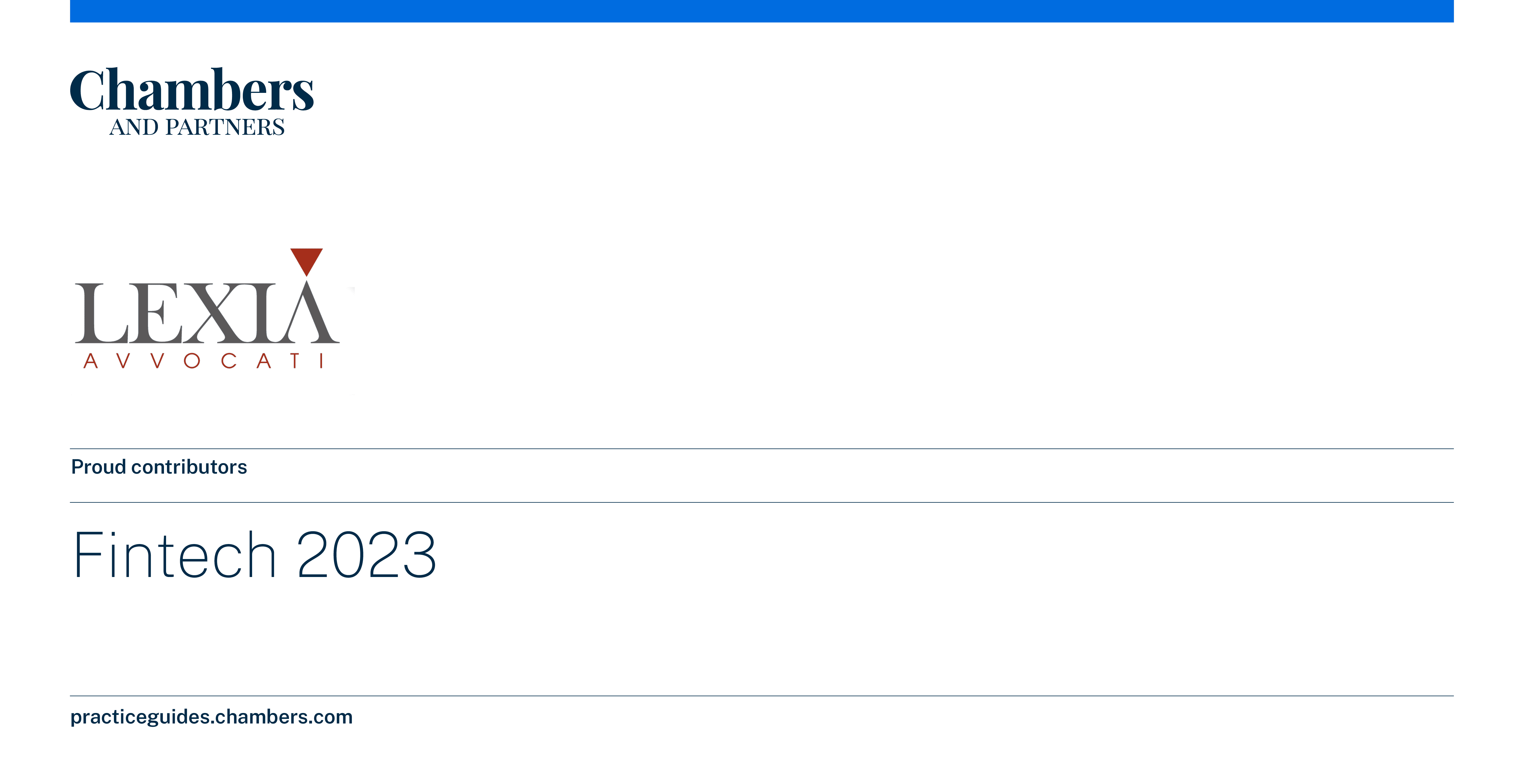– Written by Angelo Messore, Francesco Dagnino and Andrea Berruto
The Italian Ministry of Economy and Finance (MEF), the Bank of Italy, CONSOB and IVASS communicated the admission of a second series of projects for the Italian Fintech Sandbox between 3 November and 5 December 2023.
Companies admitted to the Sandbox are allowed to test innovative products and services benefitting from significant exemptions from the applicable regulatory framework.
The announcement follows the amendments recently introduced by the so-called “Fintech Decree”, which facilitated the submission of applications for the admission of projects concerning the performance of investment services by entities that are not licensed in accordance with the MiFID2.
▼ ▲ ▼
What is the Fintech Sandbox?
The Italian Fintech Sandbox was introduced by the Law Decree No. 34/2019. It allows financial institutions as well as non-licensed entities to test projects aimed at applying innovative technologies in the banking, financial and insurance sector benefitting from certain exemptions from the applicable regulatory framework – including the need to be licensed for the performance of regulated services, subject to certain conditions.
The projects can be tested for a limited period, which can last up to 18 months. The testing activities are carried out under the control of the regulatory authorities that are responsible for the on-going supervision of the services that are tested in the Sandbox.
The rules defining, among others, the conditions for the admission to the Sandbox and the related procedure are set forth in the MEF Decree No. 100/2021. The Decree was further supplemented by the implementing regulations issued by Italian competent authorities.
The first series of projects admitted to the Sandbox
The first series of projects of the Fintech Sandbox were admitted starting from March 2023. Several innovative companies were allowed to test their technological solutions during this first phase.
The projects admitted by Italian regulatory authorities were related, among others, to the application of new technologies (e.g. artificial intelligence, distributed ledger technology, etc.) to KYC processes for AML purposes, credit risk scoring systems, issuance of units of alternative investment funds, transfer of receivables, etc.
Italian regulatory authorities were particularly open while assessing the projects submitted to them. They provided indications to the companies admitted to the Sandbox as to the legal and operational solutions that are more in line with the Italian regulatory framework.
The opportunities offered by the new round of the Sandbox
The opening of a new testing phase will allow market players to test cutting-edge solutions in the field of banking, financial and insurance services.
The use of new technologies already showed its potential in terms of benefits for financial firms and final customers. The implementation of these technologies requires an adequate support and the adoption of appropriate legal tools.
The creation of a controlled environment to test these solutions allow innovators to operate without being subject to the strict requirements imposed under the applicable regulations, while at the same time promoting a constant dialogue and reciprocal understanding with the regulators.
The new provisions introduced by the Fintech Decree
Due to the restrictions provided for by the Sandbox rules, as a matter of fact the projects admitted in the context of the first round of the Sandbox involved only banks and specialised lenders.
An important change was however introduced by the Fintech Decree (Law Decree No. 25/2023), which provided that the Sandbox can be used also by entities wishing to provide investment services, as defined by the Italian rules implementing the MiFID 2, in the absence of a MiFD2 license.
This testing is possible provided that it lasts no longer than six months, subject to the possibility to postpone this term up to eighteen months in order to get the necessary authorizations or registrations. Competent authorities may impose limitations to the testing activities (e.g. type and manner to perform the investment services, type and number of customers, etc.).
Submission of the application and preliminary contacts
The application must be submitted in the period between 3 November and 5 December 2023 to the competent authority, which must be identified in accordance with the applicable regulations. The application is made through the specific form that is available on-line.
There is no maximum number to the projects that can be admitted to the Sandbox. Market players are invited to start contacting competent authorities as soon as possible.
Based on the experience of our firm, these preliminary contacts are particularly important to understand, among others, the satisfaction of the conditions to submit the application. The Sandbox rules provide for a number of specific requirements for the admission of the application. The compliance with these requirements is assessed by the competent authority once the application is submitted.
What are the next steps to be taken by those who want to file the application
The results of the first round of the Italian Sandbox were already significant in terms of innovation of the processes and products of Italian financial institutions. The Sandbox also led to a more open approach of Italian authorities towards the technological innovation in the field of financial services.
The amendments introduced by the Fintech Decree open the door to the testing of projects concerning the provision of financial services. These projects were excluded from the first round of the Sandbox because of the stringent requirements provided for by the Sandbox rules.
Our firm already assisted several companies in the submission of the application and the testing phase. Based on our experience, it is advisable that any project is thoroughly structured and defined, and discussed with the competent authorities, before the application is submitted. This is a key element to ensure that the testing activities can be performed successfully.
For additional information or support on this topic, do not hesitate to contact us.






